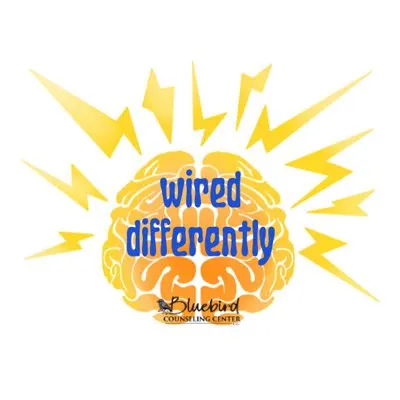
Understanding ADHD: Shedding Light on Invisible Struggles
ADHD (Attention-Deficit/Hyperactivity Disorder) is often misunderstood, particularly in individuals who may remain undiagnosed due to less overt symptoms. Many individuals with ADHD do not display the typical signs commonly associated with the condition, and yet they can still face significant challenges in their daily lives. In this blog post, we will explore the realities of living with ADHD and the importance of understanding and supporting those who struggle.
Key Insights on ADHD Symptoms
- Undiagnosed Individuals: It is common for many females (and some males) with ADHD to go undiagnosed because they may not show conspicuous signs or symptoms. Before receiving a diagnosis, they may believe that the way their brain functions is the norm. This misconception can make it more challenging for them to seek help or recognition for their struggles.
- Self-Criticism: Individuals with ADHD often engage in harsh self-criticism. They may mistake their lack of motivation or energy for laziness, leading to feelings of inadequacy. Everyday chores, such as cleaning their room or taking a shower, can appear monumental. However, the reality is that they exert a significant amount of mental energy throughout the day to pay attention and stay focused. This struggle can easily go unrecognized by those around them.
- Mental Exhaustion: By the time individuals with ADHD return home or take a day off, they often experience mental exhaustion. After exerting so much mental effort to navigate school or work, their brains can feel fried. This depletion may result in low motivation and difficulty engaging in productive activities—something that others might not fully understand.
- Inattentive ADHD: For those dealing with inattentive ADHD, it may seem like they are engaged in conversations, but their minds can be racing with multiple thoughts in just a split second. Imagine discussing a school assignment while simultaneously thinking about a tree outside, a squirrel that scurried by, and the need to repaint chairs on the porch. These thought patterns can appear scattered, but for individuals with ADHD, this fluidity of thought is a natural response to their cognitive style.
- Unique Experiences: It’s essential to recognize that every person with ADHD experiences it differently. Each brain operates in unique ways, and understanding how ADHD affects daily life can foster greater compassion and awareness.
Moving Towards Understanding
- Extend Grace: We should take a moment to understand the nuances of ADHD and extend grace to those who struggle with it. Instead of jumping to frustration when someone seems distracted or forgetful, consider asking them what they may need or what happened.
- Acknowledge the Difference: While ADHD should not be used as an excuse for behavior, it certainly provides context. By understanding the impact of ADHD, we can identify areas in which individuals may require additional support and accommodations.
- Open Conversations: Encourage open discussions with individuals who have ADHD to better understand their experiences. This dialogue can help uncover what adjustments could help ease their daily challenges.
Conclusion
Together, we can foster a more supportive and understanding environment for those navigating the complexities and invisible struggles of ADHD. By building awareness, promoting empathy, and encouraging open conversations, we can help individuals with ADHD thrive in their personal and professional lives. Let’s work together to create a more inclusive world where everyone—regardless of their cognitive style—can feel understood and supported.
#BluebirdCounselingCenterLLC #Bluebirdcounselinglititz #ADHD #counseling #therapy #lititz #mentalhealth #ADHDAwareness #MentalHealthMatters #UnderstandingADHD #SupportEachOther

